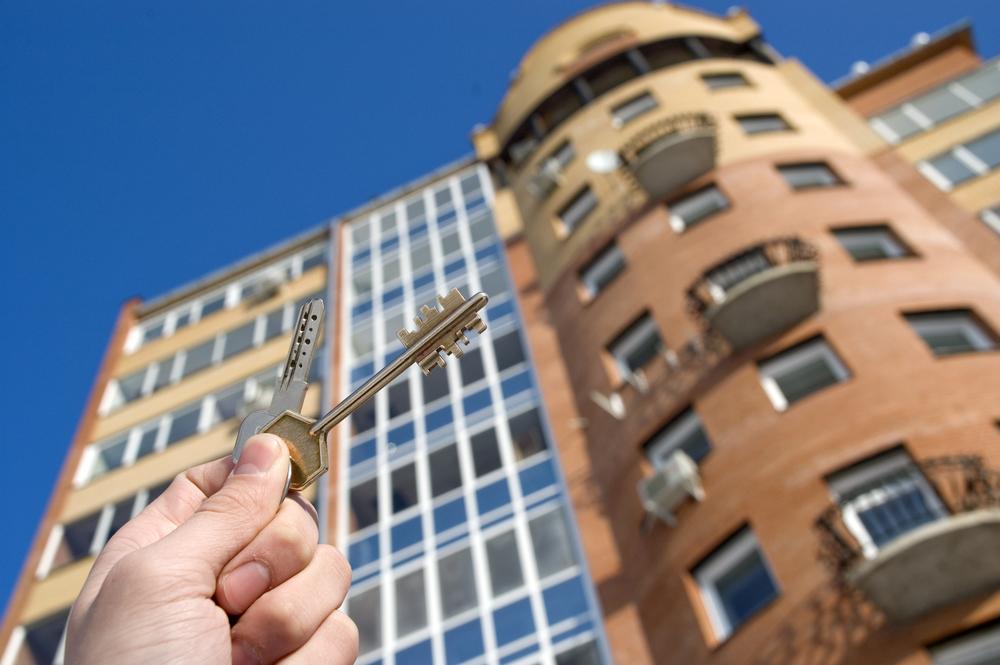Investors in Asia-Pacific real estate are looking for opportunistic transactions for 2023

On December 20, 2022 Hong Kong’s listed Link REIT signed a deal to acquire two Singapore shopping malls -the malls – Jurong Point and Swing By Thomson Plaza — from NTUC unit Mercatus Co-operative for $2.16 billion. The price of the purchase is the equivalent of a 6.1% discount to the total worth that is $2.3 billion for the two properties on December 28th 2022.
This month Goldin Financial Global Centre (GFGC) -an 28-storey Grade-A office building located in Kowloon East, Hong Kong was sold for HK$5.6 billion ($947 million) to a 50/50 joint venture with the Singapore-based Mapletree Investments and Hong Kong investment company PAG. This is the culmination of a legal battle that lasted nearly two years in between the conglomerate in distress Goldin Financial Holdings, which Hong Kong property tycoon Pan Sutong manages.
Receivers took over the former headquarters of Goldin Financial in July 2020 when the company failed to pay the company’s debts. The company was involved in several failed sale attempts and an HK$14.3 billion deal that was announced in September 2020. However, the deal was later canceled.
These deals are the latest cases of Asia Pacific (APAC) real property investors looking for distressed or discounted assets in an overall shift toward more flexible strategies. According to property consulting firm CBRE’s 2023 Asia Pacific Investor Intentions Survey 31, 31% of those surveyed are focused on opportunistic deals distressed assets, and non-performing loans, up from 26% the year prior. Additionally 60% of US$39.7 billion of funds raised by real estate funds focusing on APAC in 2022 are based on strategic strategies that are opportunistic — the largest amount ever in the last decade.
The increasing demand for this strategy is a reaction to the current economic conditions, such as the increasing cost of financing and a moderate rate of yield growth that are reducing the attraction of traditional strategies, says CBRE. Greg Hyland, the consultancy’s director of capital markets for Asia Pacific, also points that investors are prudent with regard to macroeconomic risks. He says “Despite the fact that fundraising is healthy however, the majority of investors are taking cautious approaches when they are looking for indications of an increase in yields and for the rate of tightening to stabilize.”
The cautious expectation is anticipated to continue into 2023, underlying the wait-and-see approach that investors have adopted from the latter part of 2022. Yet, Hyland expects investment activity in APAC to grow during the second half this year. This is helped by better clarity about the economic outlook and China’s opening.
Intentions to buy and the most sought-after asset classes
The survey is in line with Hyland’s optimism of the market, and shows that the majority (93%) APAC institutional investors are expecting their real estate investments to grow or to remain steady by 2023. Additionally, the survey found that high-net worth families, individuals and private investors had greater buying intent with a focus on principal assets, as well as selected opportunities to buy.
The firm says that logistic and industrial are two of the top sought-after assets that are then office and residential. “While there’s been a decrease in interest in offices largely because of concerns over the current yield levels but the survey shows that the majority of investors opt for office space as their first option,” adds Henry Chin the CBRE’s global head of thought leadership and research for Asia Pacific for CBRE.
CBRE believes that high-quality office spaces located in CBDs across APAC are likely to remain highly sought-after due to the limited supply of space and the high demand from corporates who want better quality office space. Chin states that investors are showing more attraction to the residential market specifically in multifamily properties and those built-to-rent.
However the retail and hotels continue to receive less attention from investors due to the current market turmoil. CBRE claims that the less interest is a reason for more cautious prices for assets in retail with more than 60% of respondents anticipating discounts on malls, shopping centres and high-street shops.
A mere 5% of survey respondents expressed an interest in investing into alternative investments. In this group, CBRE says that healthcare-related properties which include medical offices and medical sciences — have taken over data centers as the leading option for investors. Interest in data centers dipped this year, mostly due to the properties emitting high levels of carbon caused by their extensive consumption, according to.
Top investment destinations
As for APAC investing destinations Tokyo was ranked as the most preferred destination in cross-border investments for the fourth year in a row as Singapore was ranked second. Both countries continue to be the top choice for both investors who are looking for value and core investment with solid market fundamentals.
The report also revealed that within Southeast Asia, Vietnam’s Ho Chi Minh City was placed third, and the capital city of Vietnam Hanoi was also ranked in into the top 10. CBRE states it believes that Vietnam continues to reap the benefits of the status of a China plus One destination, which has prompted the interest of investors looking for opportunities to make money and value in this sector.
The company also states that Hong Kong has ranked within the top five investment destinations for the first time since. After the reopening the frontier to China mainland China and more fair prices, investors have found Hong Kong attractive, adds the report.